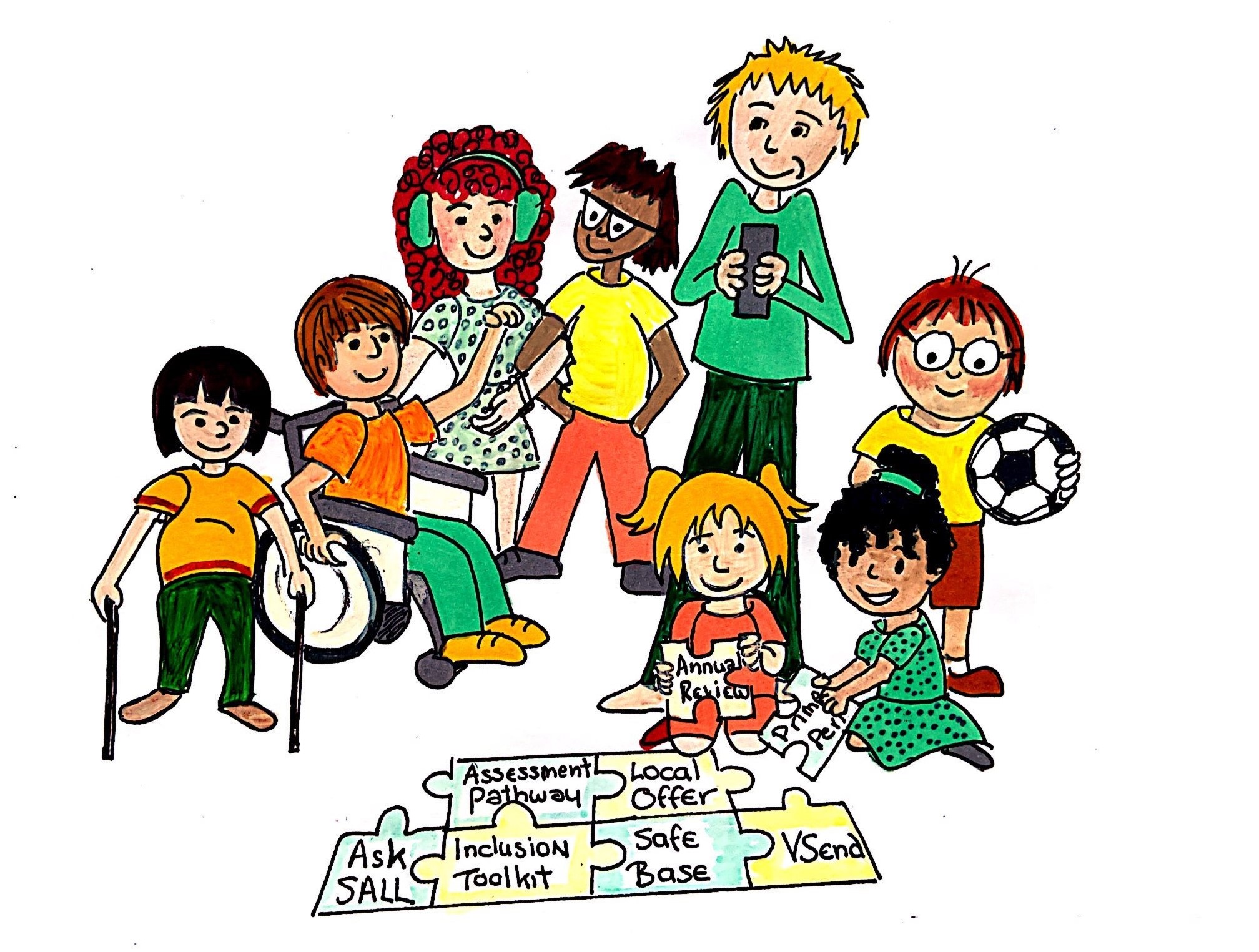Description of need
Temporary hearing loss is mainly mild or moderate in nature and is usually caused by ‘glue ear’, which is a build-up of fluid in the middle ear cavity which reduces the mobility of the ossicular chain.
Glue ear is very common in young children during foundation stage and key stage 1 and for most children this will not affect their progress and attainment in the longer term. For some children with persistent ‘glue ear’, health services may offer grommets or temporary hearing aids.
Permanent hearing loss may be conductive in nature, due to malformation of the outer or middle ear, or sensori-neural, which is damage to the inner ear or the auditory nerve.
The majority of children with a permanent hearing loss are usually issued with hearing aids and some may have or go on to have cochlear implants. These children will require some level of support by a Qualified Teacher of the Hearing Impaired (QTHI); some children with hearing loss require minimal support and others will need a high level of individualised and specialised help.
The majority of children with permanent hearing loss are identified shortly after birth through the newborn hearing screening programme, but others may have a loss that is not diagnosed until they are at school. Sensitive support for the families, from specialist staff, at an early stage is crucial, so it is important that the Sensory Education Support Team is informed of any newly diagnosed children as a priority.


